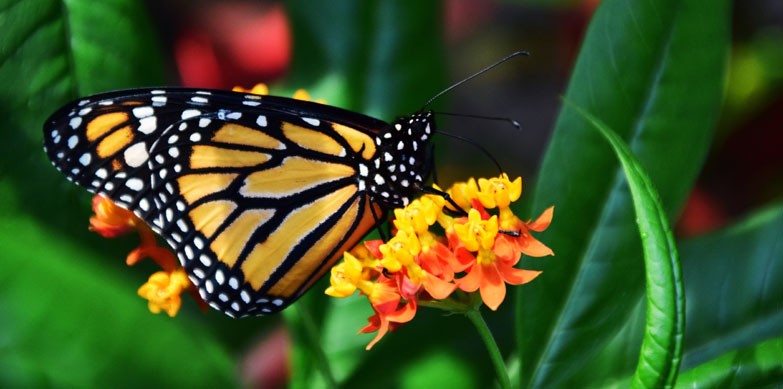When you hear the word biodiversity, what comes to mind? Maybe bees buzzing in a summer garden, forests teeming with birdsong, or coral reefs alive with color. But biodiversity is far more than beauty and wonder—it is the very foundation that supports life on Earth, including our own.
From the air we breathe and the food we eat, to the water we drink and the climate we depend on—biodiversity sustains it all. Yet today, we face a crisis: biodiversity loss is accelerating at an unprecedented rate. One million species are at risk of extinction. This threat is so severe, the United Nations has named biodiversity loss one of the three interconnected components of the Triple Planetary Crisis, alongside climate change and pollution.
Why Biodiversity Matters
Biodiversity is not just about the number of species—it’s about the relationships between them and how they support ecosystems. Healthy ecosystems purify air and water, regulate climate, recycle nutrients, and pollinate crops. They form a web of life that provides not only ecological balance but also economic stability, food security, and cultural identity.
When we lose biodiversity, ecosystems collapse. Pollinators disappear. Crops fail. Forests degrade. Oceans lose their vitality. And with these losses, so too vanish the resources and resilience our communities depend on.
Rotary and ESRAG recognize that protecting biodiversity is not a side issue—it’s a central mission. Without biodiversity, we cannot achieve peace, health, or prosperity.
From Concern to Commitment: Operation Pollination
That’s why ESRAG’s Operation Pollination is dedicated to protecting and restoring pollinator habitats around the world.
Pollinators—such as bees, butterflies, moths, beetles, bats, and birds—are essential for the reproduction of over 85% of the world’s flowering plants, including more than 75% of global food crops. And yet, pollinator populations are in steep decline due to habitat loss, pesticide use, disease, and climate change.
Operation Pollination offers Rotary clubs, districts, and individuals a powerful and accessible way to act. Through community education, planting pollinator gardens, protecting habitat corridors, and partnering with schools, nonprofits, and local governments, we can create a worldwide network of pollinator-friendly spaces that also raise awareness about the broader importance of biodiversity.
A Small Commitment with Big Impact
We invite you, whether you’re part of a Rotary Club, a District, or simply a passionate individual, to join the movement. Start small:
- Plant native flowers in your backyard or on a balcony.
- Host a pollinator workshop in your local community.
- Add your club or district to the growing list of Operation Pollination pledges.
- Partner with local schools or municipalities to turn underutilized spaces into pollinator gardens.
- Share your success stories to inspire others.
Every flower planted, every conversation sparked, and every habitat protected is a step toward reversing biodiversity loss and safeguarding the future.
Let’s Reweave the Web of Life
Nature doesn’t need us to do everything. But it needs all of us to do something. Together, we can be stewards of the natural world—planting seeds, restoring balance, and helping pollinators thrive so that biodiversity can once again flourish.
Join Operation Pollination today and take that first step toward building a world where people and nature thrive together.
Learn more and pledge your support: https://esrag.org/operation-pollination/

